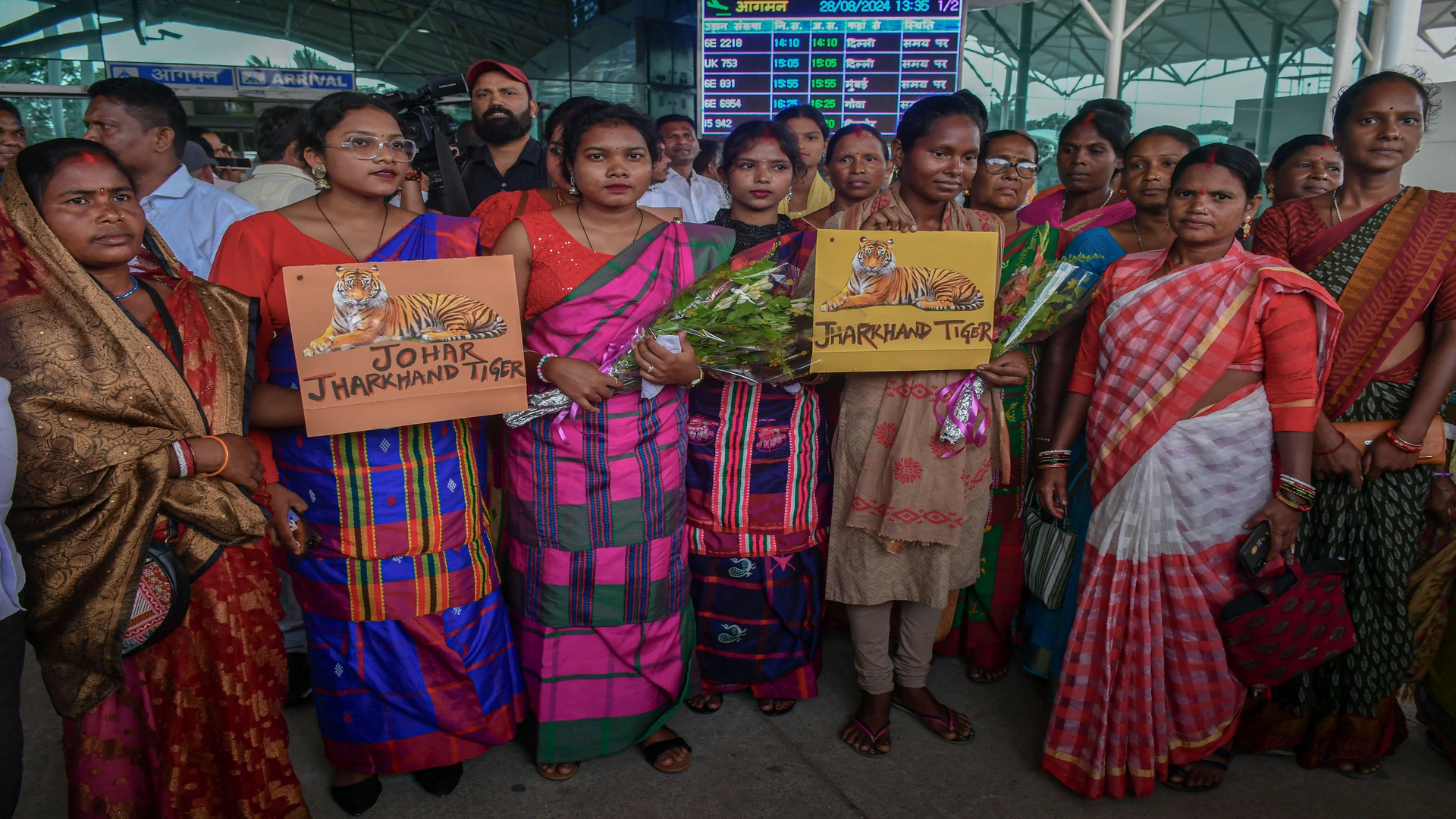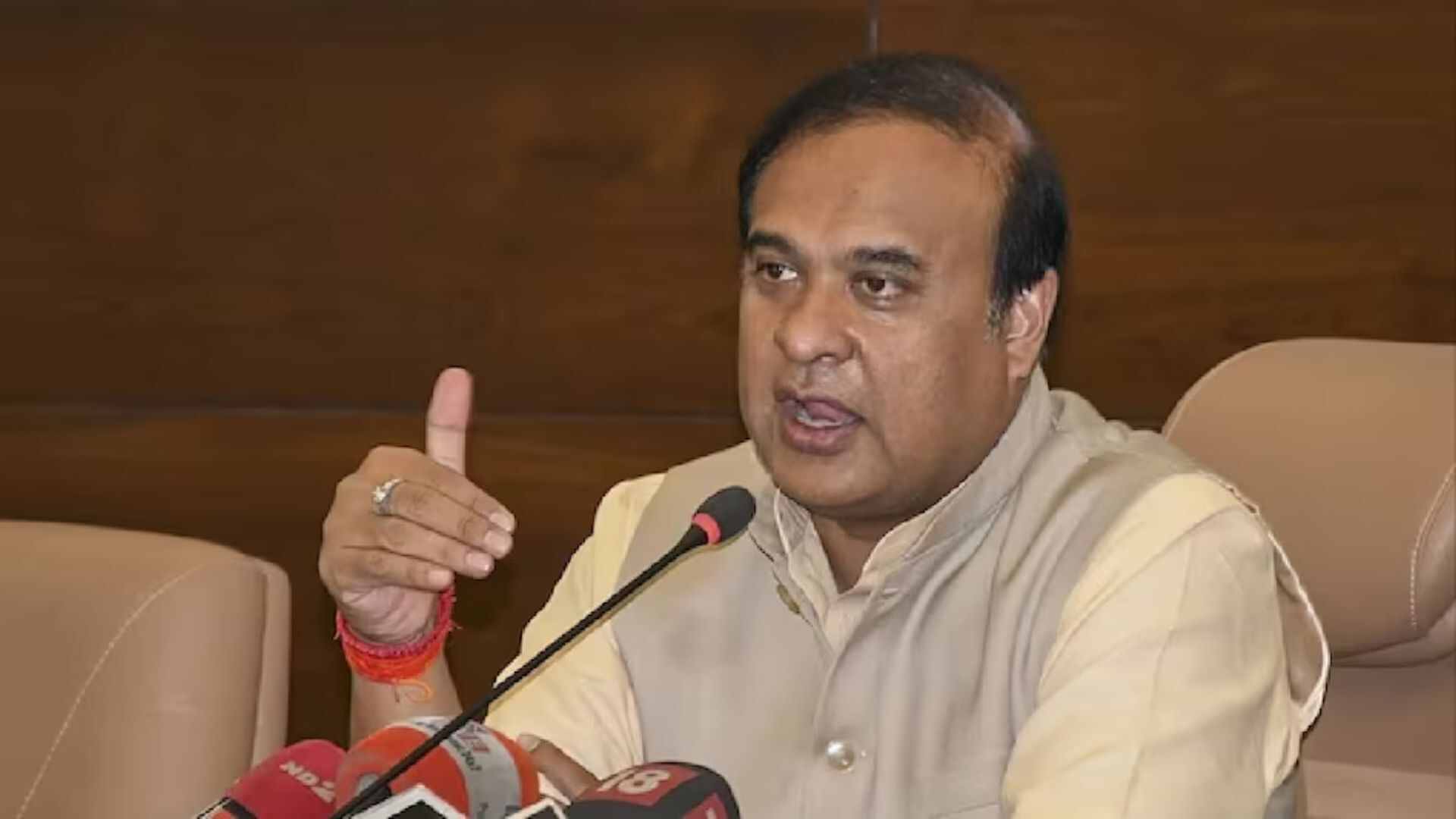As Jharkhand heads towards its assembly elections, the BJP is meticulously executing a comprehensive strategy to regain its political foothold in the state. Key to this plan is its focus on grassroots mobilization through the ‘Raishumaari’ exercise, where opinions from 500-700 local workers per constituency are being collected to guide candidate selection. This method emphasizes inclusive decision-making, ensuring that candidates have the backing of both party workers and the electorate, which enhances internal unity and trust.
The BJP’s alliances, particularly with the All Jharkhand Students Union (AJSU), and potentially the Janata Dal United (JDU), are set to strengthen its chances. The AJSU, with its traditional influence in tribal areas, is especially significant for the BJP’s strategy to reclaim the tribal vote. The defection of key tribal leaders like Champai Soren from the Jharkhand Mukti Morcha (JMM) to the BJP has further shifted the political balance. Soren’s exit from JMM, driven by alleged internal disputes and dissatisfaction with the leadership, is seen as a major blow to the ruling party’s tribal support base, especially in the Kolhan region.
Also read: ‘BJP expert in dividing people on caste, and religion’: Jharkhand CM Hemant Soren
The BJP’s narrative is built around the JMM’s perceived failures under Hemant Soren, with accusations of corruption, poor governance, and unfulfilled promises. These issues are resonating with voters, particularly amid growing anti-incumbency sentiments. The BJP’s targeted outreach to tribal voters and Champai Soren’s induction into the party could play a decisive role in changing voter dynamics in this crucial election.







